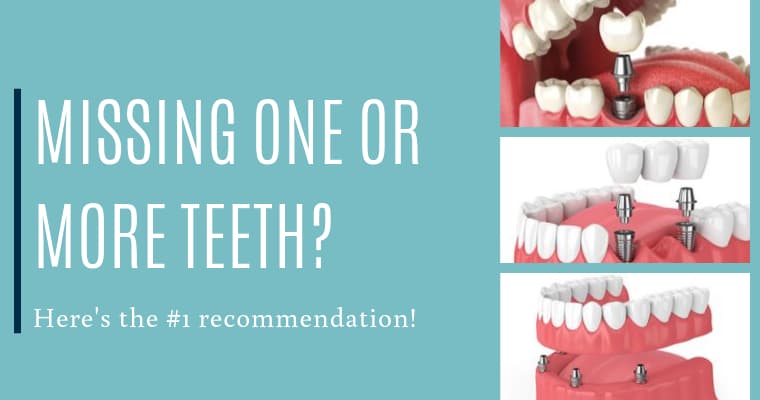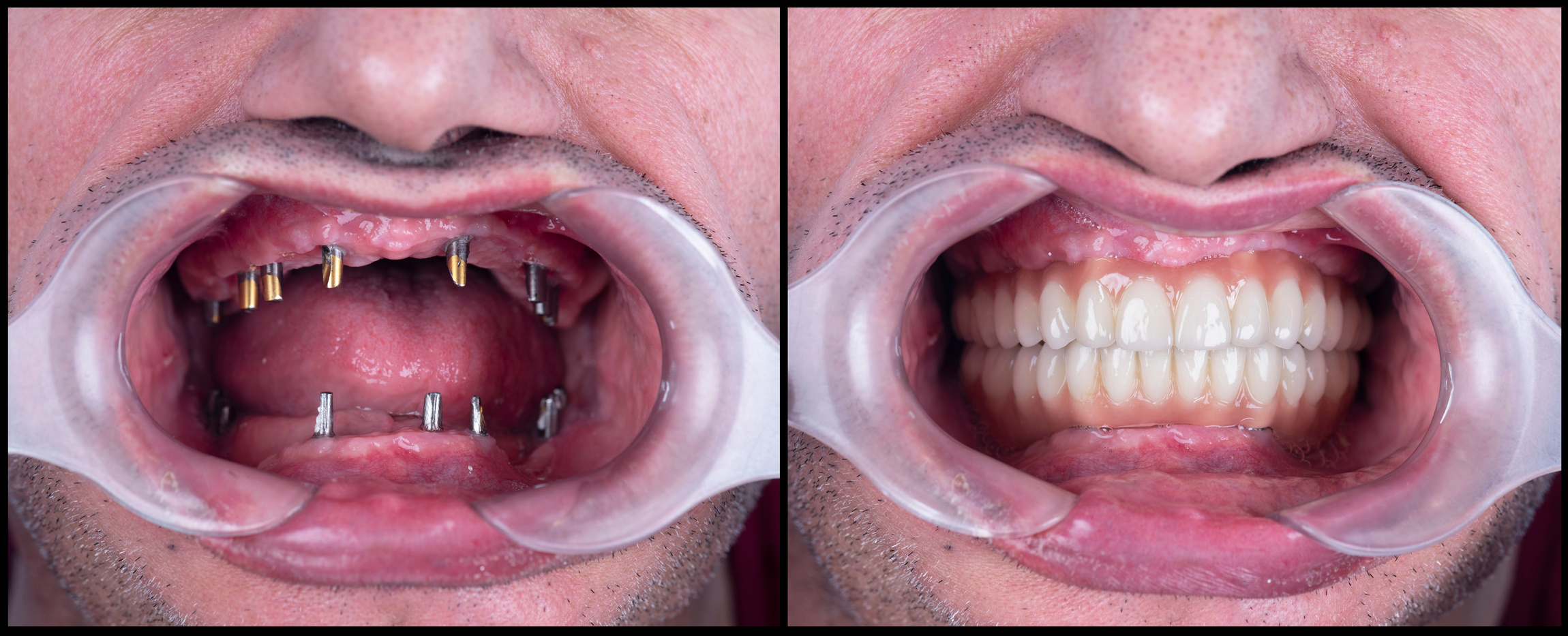9 Simple Techniques For Dental Sense
Table of ContentsThe Facts About Dental Sense UncoveredGet This Report about Dental SenseSome Of Dental SenseDental Sense Fundamentals Explained
are clinical gadgets operatively implanted right into the jaw to bring back an individual's capacity to chew or their appearance. They offer assistance for artificial (fake) teeth, such as crowns, bridges, or dentures. When a tooth is shed because of injury or disease, an individual can experience issues such as rapid bone loss, defective speech, or modifications to chewing patterns that lead to pain.Oral implant systems include an oral implant body and dental implant abutment and might likewise consist of a joint fixation screw. Dental veneers cost. The oral implant body is surgically put in the jawbone in location of the tooth's root. The oral implant abutment is generally affixed to the dental implant body by the joint addiction screw and extends with gum tissues right into the mouth to sustain the affixed synthetic teeth
(https://www.ted.com/profiles/48604569/about)Framework of The Oral Implant System selecting oral implants, talk to your oral company regarding the possible benefits and risks, and whether you are a prospect for the procedure. Points to think about: Your overall health is a vital consider determining whether you are a good candidate for oral implants, the length of time it will certainly take to heal, and for how long the dental implant might remain in location.
Smoking may impact the healing procedure and decrease the long-term success of the implant. The recovery process for the implant body may take a number of months or longer, throughout which time you usually have a short-lived joint in area of the tooth. the dental implant treatment: Very carefully adhere to the dental hygiene directions provided to you by your oral provider.
What Does Dental Sense Mean?
Implant failure can result in the requirement for one more procedure to deal with or replace the implant system. Restores the capability to eat Restores aesthetic look Aids keep the jawbone from shrinking because of bone loss Maintains the wellness of the bordering bone and gum tissues Assists maintain adjacent (neighboring) teeth secure Improves lifestyle Damages to bordering all-natural teeth throughout dental implant positioning Injury to the surrounding cells throughout surgical treatment, such as sinus opening Injury during surgical procedure (for instance, crack of surrounding jawbone) Poor function, such as seeming like the teeth do not bite with each other typically An experience that the tooth is loosened or twisting in position resulting from an abutment screw loosening up Implant body failure (looseness of the implant body) due to systemic infection, which may be much more likely in patients with unchecked diabetics issues because of neighborhood infection in bone and gum tissues sustaining the dental implant body because of postponed recovery, which might be most likely in clients that smoke Trouble cleaning the gums around the implant, leading to bad dental hygiene Unattended periodontal disease Post-surgical pins and needles because of nerve impingement or damage Always notify health and wellness care companies and imaging professionals that you have oral implants prior to any type of magnetic resonance imaging (MRI) or x-ray procedures.
FDA is not familiar with any unfavorable events reported for MRI or x-ray procedures with dental implants. Dental implants systems are generally made of materials that comply with international agreement standards of the International Company for Standardization (ISO) or ASTM International. These requirements have details of what makes a safe product.

An oral implant is a framework that changes a missing out on tooth. With screw-like devices, the surgeon inserts an implant right into the jawbone, and it acts as a support for go a man-made tooth, called a crown.
Unknown Facts About Dental Sense
Some people are not eligible for dental implant surgical procedure. It is for oral cosmetic surgeons to operate on individuals with: intense illnessuncontrollable metabolic diseasebone or soft tissue illness or infectionIf these problems are solved, a person can have the surgical treatment. In, oral doctors avoid operating on people with: If individuals with any of the above undergo dental implant surgical treatment, there is a greater threat of the dental implant falling short.

Oral implant surgical procedure is a tailored procedure. It's not the same for every person. The complying with offers a general introduction of what you can expect your dental expert, dental specialist, periodontist or prosthodontist to do: Position the dental implant operatively. Give you time to recover. Attach the article and last crown, bridge or denture.
Next, your doctor will thoroughly position the oral implant right into your jaw. Ultimately, your doctor will certainly reposition your gums and close the cut with stitches. If your dental implant is near the front of your mouth, your dental expert will make a momentary tooth for you to use till you heal. In this way, you will not have a gap in your smile while you recoup.
All About Dental Sense
During the healing stage, your jawbone needs to fuse to the oral implant. This procedure can take anywhere from three to nine months.
As soon as your dental implant heals, your dental professional can affix the joint (tiny adapter blog post) and your last restoration (crown, bridge or denture). This normally takes regarding one hour to complete and might call for a 2nd minor surgical treatment. You should not really feel any kind of pain during your oral implant procedure due to the fact that your provider will use medicine to numb your gums.